Stagnating gender employment gap costs Europe €360 billion per year
New calculations from Eurofound show that the difference in female and male employment rates cost the EU, including the United Kingdom, over €360 billion in 2018.

New calculations from Eurofound show that the difference in female and male employment rates cost the EU, including the United Kingdom, over €360 billion in 2018.

The new von der Leyen Commission took office on 1 December 2019. Having adopted its first work programme on 29 January 2020, the Commission sets out its plans for a transition to a fair, climate-neutral and digital Europe. It outlines six top priorities. Eurofound’s work directly feeds into a number of these key areas aimed at creating a strong social Europe.
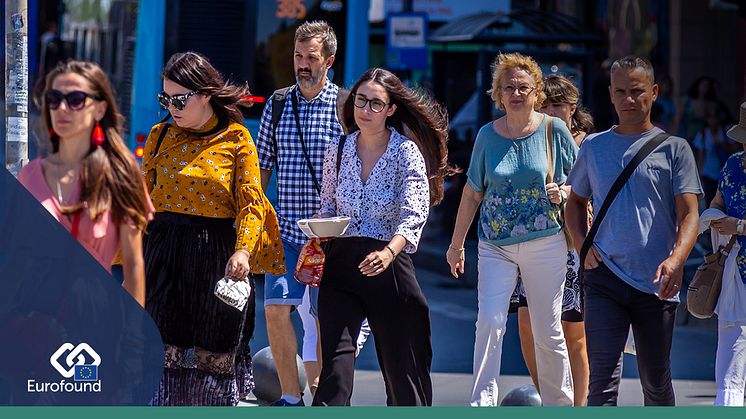
Cohabitation – couples living together without being married – is on the rise in Europe. Eurofound’s calculations of EU data shows that France (13%), Sweden (13%) and Finland (12%) recorded the highest co-habitation rates in the EU in 2017.
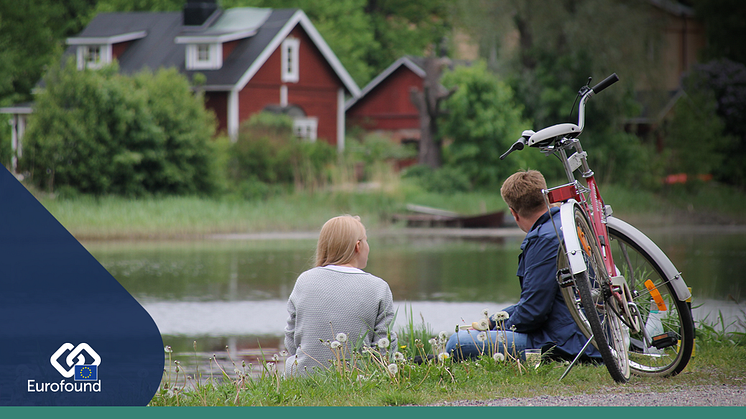
Estonia reports substantial increases to life satisfaction and happiness levels over the last fifteen years and optimism for the future is high with 69% feeling optimistic for their children’s or grandchildren’s future - above the EU average of 57%. Coupled with this, the perceived quality of public services has improved with childcare and public transport seeing the greatest increases.

A new analysis of EU-level data by Eurofound shows that one in three households in the EU is now single occupancy. Germany now has the largest proportion of the population living in single-person households, and large increases in the share of the population living alone have been reported in Lithuania and Bulgaria.
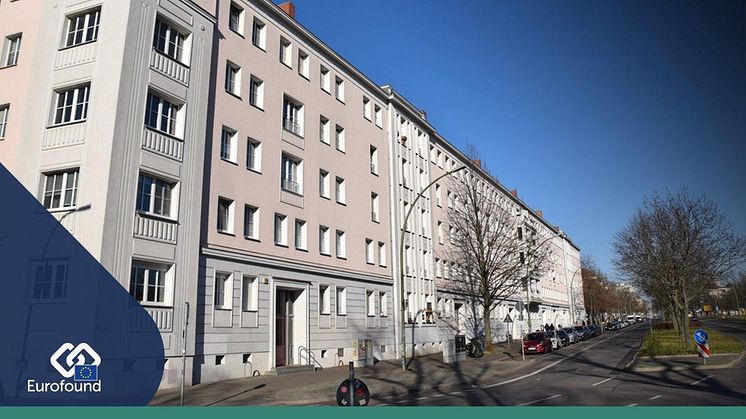
Lithuania has experienced significant improvements to the perceived quality of public services and overall living standards in recent years. However, despite overall increases to quality of living standards, income inequality has been increasing since the financial crisis, making Lithuania’s income distribution the second most unequal in the EU.
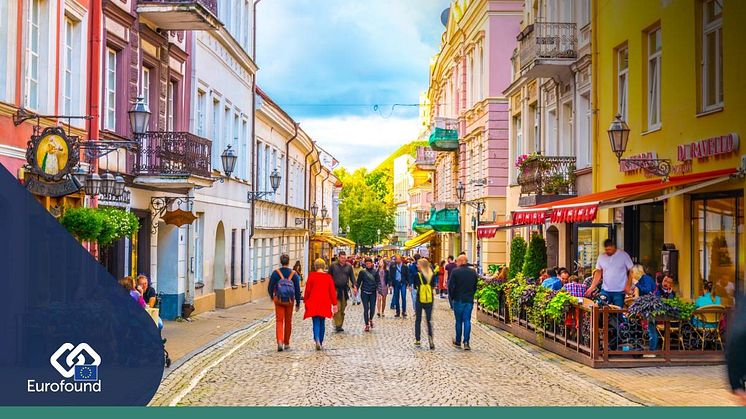
People living in Budapest, Paris and Amsterdam report among the longest commuting times in the EU, according to Eurofound's new analysis of the 2016 European Quality of Life Survey.

Europe’s economy, and particularly the economy of rural Europe, may have it all to gain from a low-carbon transition, but getting everyone on board could turn out to be the greatest challenge.

Dublin and London have a higher proportion of people that report low resilience, which is an expressed difficulty to cope with important life problems, than both the national averages and the EU average. This goes against the general trend that people living in capital cities have a higher level of resilience than other urban or rural areas.

People living in the capital cities in Europe generally have a better quality of life and report higher life satisfaction than those living in other parts of the country. Capital cities also have a larger proportion of people who report feeling being able to cope during times of hardship than other urban centres and rural regions.
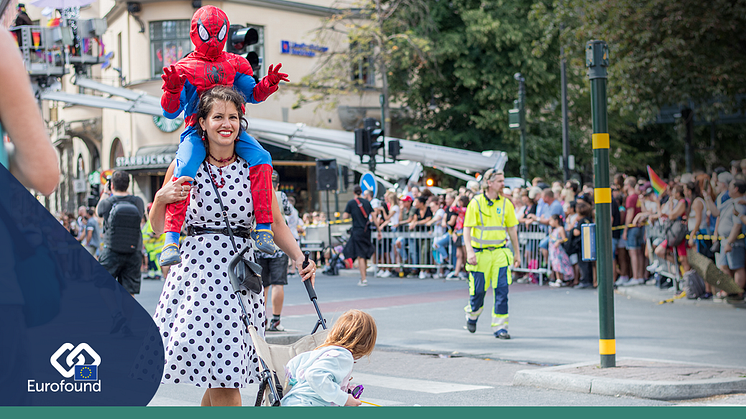
We hear more and more about the platform economy, with the debate often revolving around the potential long-term implications of its growth on the labour market and the impact on traditional and established businesses and industries. There has been increasing calls for a legislative response at European and national level, but what information do we have for evidence-based policy making?

As one of their ‘100 days in office’ initiatives, the new European Commission intends to propose an initiative for an EU minimum wage. The aim is that by 2024 every worker in the EU should earn a fair and adequate wage, no matter where they live. And despite the Commission’s assurance that this would not alter national traditions of wage-setting, emotions are already running high
